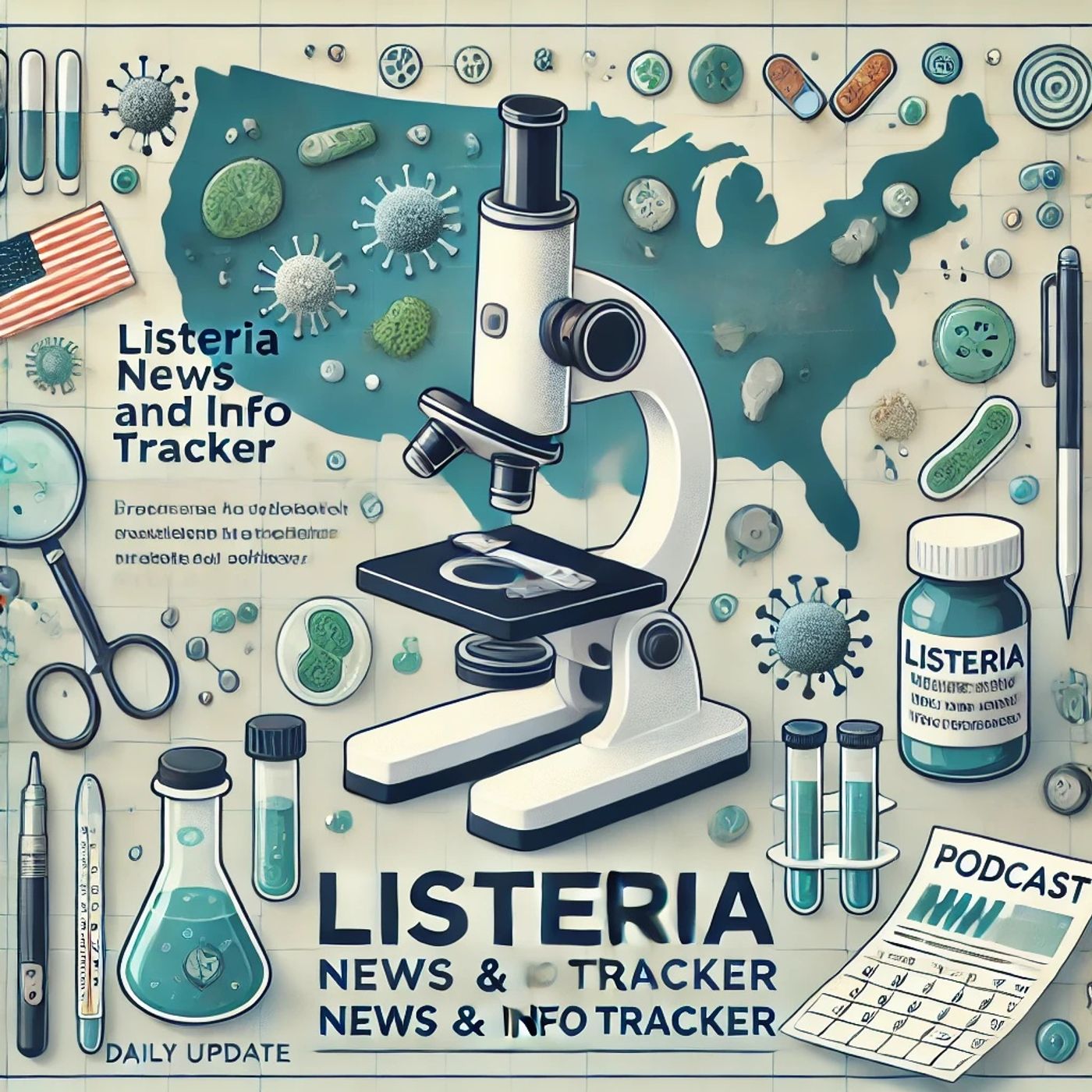Jan 24 2025 4 mins
Listeria, a potentially deadly bacterium, has been at the forefront of multiple food safety crises, drawing public attention to its risks and prompting urgent recalls to protect consumers. The recent Listeria outbreak, involving the recall of salmon products sold at Costco, serves as a stark reminder of the dangers posed by this pathogen. Authorities issued an urgent warning about the salmon, citing a "reasonable risk of death" due to contamination, underscoring the severity of Listeria infections.
Listeria monocytogenes, the bacterium responsible for listeriosis, can survive and thrive in cold environments, which makes it particularly challenging to control in food processing and storage facilities. This resilience allows it to contaminate a wide range of foods, including ready-to-eat products like those involved in recent recalls. One of the most concerning aspects of Listeria is its ability to cause severe illness in vulnerable populations, including pregnant women, newborns, the elderly, and individuals with weakened immune systems.
Over the past year, Listeria contamination has triggered several major recalls, reflecting ongoing struggles within the food industry to manage this persistent threat. Notably, a massive recall of 10 million pounds of beef and poultry products, commonly used in ready-to-eat meals, highlighted the scope of potential contamination and the critical need for rigorous safety practices.
The case of the recalled salmon at Costco is emblematic of how quickly and extensively Listeria can impact food supply chains. Following reports of contamination, health agencies and the retailer acted swiftly to remove the affected products from shelves, aiming to mitigate health risks. Consumers who purchased the salmon were urged to return it to stores and seek medical advice if they experienced symptoms of listeriosis, which can include fever, muscle aches, nausea, and diarrhea.
Efforts to contain Listeria outbreaks involve multiple strategies, including stringent safety protocols in food production, improved testing methods, and consumer education. Producers must adhere to rigorous hygiene standards to minimize contamination risks, while regular monitoring and testing can help identify outbreaks early. Meanwhile, educating consumers about safe food handling practices, such as proper refrigeration and cooking, is essential to enhance food safety at home.
Despite extensive preventive measures, Listeria outbreaks continue to challenge the food industry, emphasizing the complex nature of controlling this bacterium. Its presence in widely consumed foods and its resistance to conventional preservation methods necessitate ongoing vigilance and innovation in food safety practices.
The impact of Listeria outbreaks extends beyond immediate health risks, affecting consumer trust, brand reputation, and economic stability within the food sector. Companies must balance profitability with safety, ensuring that their operations prioritize public health. This balance requires investment in research and technology to develop more effective ways to detect and eliminate Listeria in food processing environments.
While the recent salmon recall at Costco highlights the urgent need for vigilance, it also serves as a call to action for all stakeholders in the food supply chain. Continuous collaboration among food producers, retailers, health agencies, and consumers is crucial to mitigating the risks posed by Listeria and safeguarding public health. In this ongoing battle against one of the most formidable foodborne pathogens, proactive measures and constant awareness remain key to preventing future outbreaks and ensuring a safer food supply for all.
Listeria monocytogenes, the bacterium responsible for listeriosis, can survive and thrive in cold environments, which makes it particularly challenging to control in food processing and storage facilities. This resilience allows it to contaminate a wide range of foods, including ready-to-eat products like those involved in recent recalls. One of the most concerning aspects of Listeria is its ability to cause severe illness in vulnerable populations, including pregnant women, newborns, the elderly, and individuals with weakened immune systems.
Over the past year, Listeria contamination has triggered several major recalls, reflecting ongoing struggles within the food industry to manage this persistent threat. Notably, a massive recall of 10 million pounds of beef and poultry products, commonly used in ready-to-eat meals, highlighted the scope of potential contamination and the critical need for rigorous safety practices.
The case of the recalled salmon at Costco is emblematic of how quickly and extensively Listeria can impact food supply chains. Following reports of contamination, health agencies and the retailer acted swiftly to remove the affected products from shelves, aiming to mitigate health risks. Consumers who purchased the salmon were urged to return it to stores and seek medical advice if they experienced symptoms of listeriosis, which can include fever, muscle aches, nausea, and diarrhea.
Efforts to contain Listeria outbreaks involve multiple strategies, including stringent safety protocols in food production, improved testing methods, and consumer education. Producers must adhere to rigorous hygiene standards to minimize contamination risks, while regular monitoring and testing can help identify outbreaks early. Meanwhile, educating consumers about safe food handling practices, such as proper refrigeration and cooking, is essential to enhance food safety at home.
Despite extensive preventive measures, Listeria outbreaks continue to challenge the food industry, emphasizing the complex nature of controlling this bacterium. Its presence in widely consumed foods and its resistance to conventional preservation methods necessitate ongoing vigilance and innovation in food safety practices.
The impact of Listeria outbreaks extends beyond immediate health risks, affecting consumer trust, brand reputation, and economic stability within the food sector. Companies must balance profitability with safety, ensuring that their operations prioritize public health. This balance requires investment in research and technology to develop more effective ways to detect and eliminate Listeria in food processing environments.
While the recent salmon recall at Costco highlights the urgent need for vigilance, it also serves as a call to action for all stakeholders in the food supply chain. Continuous collaboration among food producers, retailers, health agencies, and consumers is crucial to mitigating the risks posed by Listeria and safeguarding public health. In this ongoing battle against one of the most formidable foodborne pathogens, proactive measures and constant awareness remain key to preventing future outbreaks and ensuring a safer food supply for all.
